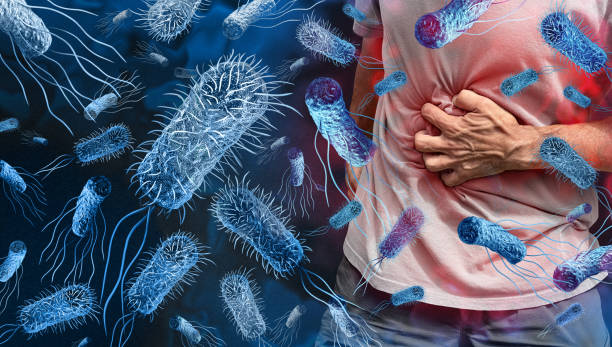
By Dr. Alexandra Shustina, DO
Irritable bowel syndrome or IBS is somewhat of a mystery in western medicine. Many have gone to doctors with symptoms of pain with bloating, diarrhea, or constipation and have not had a clear answer of what the problem is and how to treat it. Why is that? We are reattaching limbs, performing brain surgery, and saving people from heart attacks but we can’t seem to tame the Irritable Bowel. IBS is diagnosed by symptoms and not by the cause and is therefore many different disorders is one diagnosis of IBS. It is no wonder it is so difficult to treat with conventional medical care.
Let’s try to explain it. The brain and the gut are very closely connected. In fact, the digestive system has more connections to the brain than any other system. The bacterial populations in the gut, called the microbiome communicate with the brain and help make a brain chemical called serotonin which signals happiness. It is no wonder that IBS is linked to anxiety, sexual abuse, and depression(1, 2)
People who have had “food poisoning” have higher rates of IBS. How can we explain this? Food poisoning or gastroenteritis is caused by an abnormal population of bugs in the bowel(3). This is also called “dysbiosis”, which means the microbiome is altered. We now understand that IBS is very much associated with changes in the microbiome.
There seems to be some association with food sensitivities (4). In fact, IBS is associated with Celiac disease, a severe form of gluten intolerance(5). Celiac disease and many food sensitivities originate with “leaky gut.” It is therefore important to help heal the leaky gut to tame the irritable bowel.
We need to address the leaky gut, dysbiosis, and help manage emotional stress levels in order to effectively treat and cure IBS. These are all related. Diet is an important part of this treatment. A diet rich with natural whole foods with lots of organic vegetables is a key part. Several diets have been studied. The low FODMAP diet(6) and the elimination diet(7) have had some positive results. Since all people are different, no one diet fits all. Diets need to customized to each person. Some natural supplements can help. Probiotics can be helpful as well custom made herbal combinations.
One aspect of IBS is visceral hypersensitivity (8). In essence, IBS, the gut is more sensitive and normal gut function is perceived as pain. Studies in both Osteopathic and Gastroenterology journals have suggested that manipulative medicine and in particular visceral manipulation can improve the pain, distension, and the bowel function associated with IBS.(9,10) Visceral manipulation is a gentle manipulative therapy which corrects the motility of the structure. Improved motility is associated with improved function.
References
Let us help. CALL NOW